The wilful sorrow of Gregory Alan Isakov’s discography
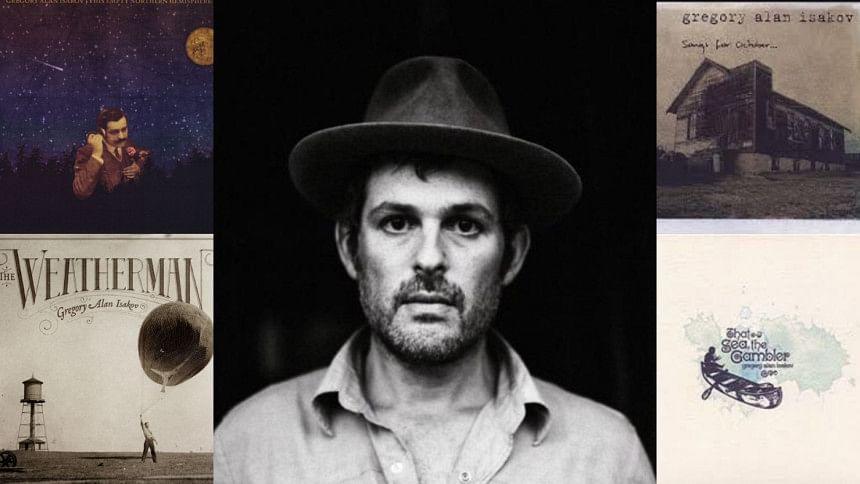
As a quiet rejoice for the indie folk community holed up in a café some-where, Colorado based artiste Gregory Alan Isakov has finally announced the release date of his fifth studio album "Appaloosa Bones" on August 18, already having released a single, "The Fall".
When one of your favourite tucked away artiste makes a comeback after five years, it is only fair to revisit the sounds that made them stand out. In order to clear out the cobwebs of my mind, I took a look at the Colorado native's last four albums, taking on the challenge of trying to land a favourite song.

Starting with the yet-to-be released album, the first single, "The Fall", does bring the listener back to Isakov's grainy and poignant sound, coupled with equally grounded lyrics. One thing I have noticed in my perusal is that Isakov's upbringing has managed to cast a soothing shadow over his use of rhythms and different sounds.
Isakov is a South African native who grew up in Philadelphia, ultimately settling down on a farm in Boulder, Colorado. In a very country manner, the West Chester University alum has a horticulture degree and loves tilling the soil in his farm, when he isn't making music.

Perhaps his most iconic and 'down to earth' album "This Empty Northern Hemisphere" (2009) has some of the most dreamy and wispy sounds that I have ever heard. Each of the songs touch a chord in one's heart with the mix of indie and folk sounds. This was also his first album that I ever listened to back in 2017, in the midst of my desperate attempts at using music to channel creativity for my A-level English writings.
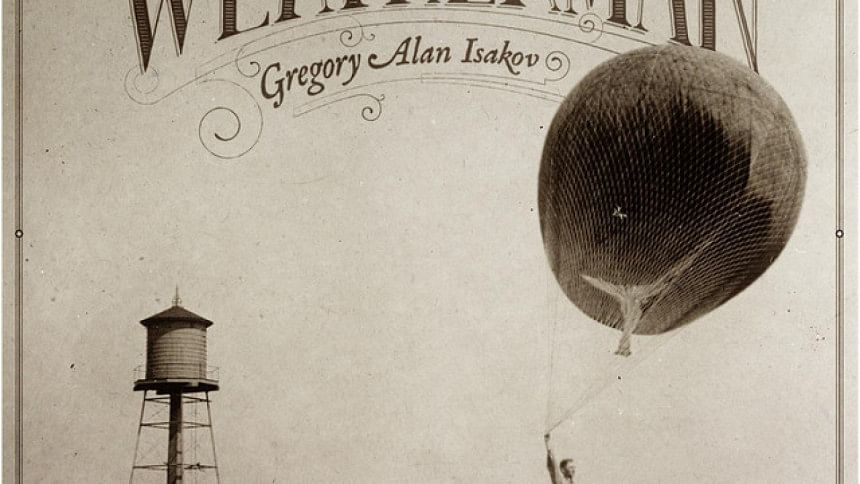
Both of Isakov's earlier albums, "Rust Colored Stones" (2003) and "Songs for October" (2005) carry a rather youthful note, both in sound and the artiste's voice. Both the albums are made up of quintessential country sounding songs, songs about wayfarers, 'oh well' melancholies and the general young people worry. It wasn't until his later albums that Isakov would find his signature sound and lyricism that became one of the background scores of the climactic scene of the Netflix horror drama, "The Haunting of Hill House".
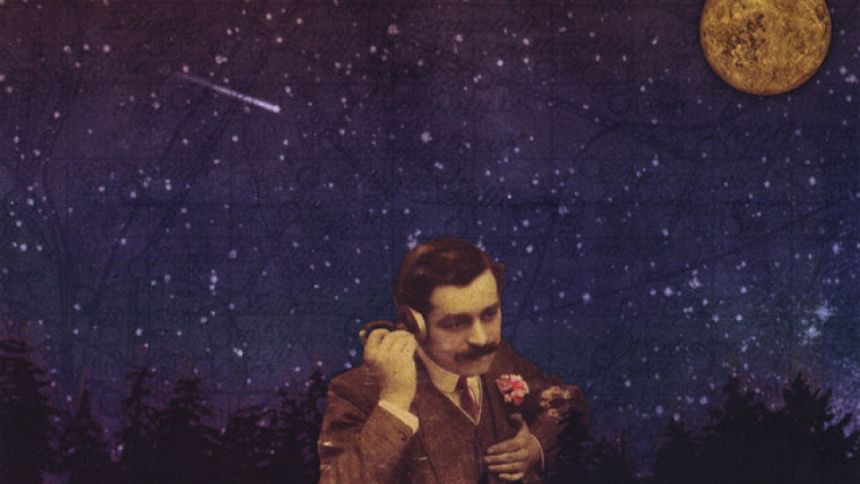
It is with Isakov's latter three albums, "The Weatherman" (2013), "Gregory Alan Isakov with the Colorado Symphony" (2016) and "Evening Machines" (2018) that he solidifies his stance as a melancholic country musician. For the untrained ear, the songs from these albums sound like a mix of alt rock to folk, but never leaving the genre that made Isakov beloved in the world of unplugged and barn-concerts.
Circling back to favourite songs, mine happens to be a song that is a cover instead of an original. "The Trapeze Swinger" first made its appearance on an Iron & Wine compilation album, another artiste worth exploring for songs to listen to around the fire. Gregory Alan Isakov's live cover of the song takes it from a simple song to an even simpler one, a bitter-sweet confession of a dead man to one of loss, of a metaphorical trapeze artist swinging between life and death.

In reality, Sam Beam of Iron & Wine wrote it, rather he explained it as "being commissioned to write it" for the film "In Good Company". However, no one could have captured the essence of the song, which according to many interpretations, is a man's letter from purgatory; than Gregory Alan Isakov. When he croons, "Please, remember me happily, by the rosebush laughing,
with bruises on my chin, the time when we counted every black car passing", which feels like two friends walking hand in hand, the swinging of their young fists on beat with the back and forth of Isakov's voice.
The song then carries on, turning into a soft, sorrowful plea to his lover, the man witnessing the narrator's death and even God, the devil and an angel, who see him in the after-life. The song is a beautiful admission of a man's defeat and how he makes peace by asking to be seen differently, in light of the good he has done.
In essence, I find a similar mix of sorrow yet serenity in Gregory Alan Isakov's voice, that swings the line of either making you happy or sad. This music carries the sort of calm that is narrated in books, which comes with heaven, the only difference is you can experience it at some niche corner of YouTube instead.

 For all latest news, follow The Daily Star's Google News channel.
For all latest news, follow The Daily Star's Google News channel. 


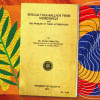
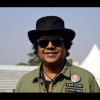


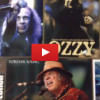


Comments